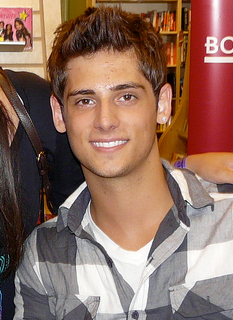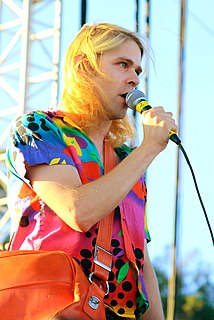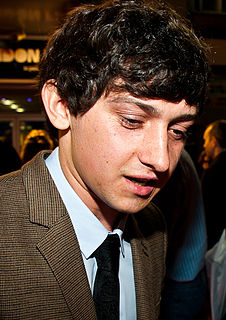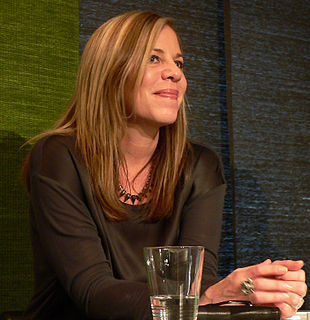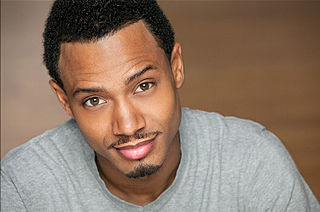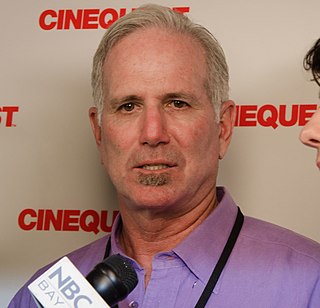A Quote by Ed Helms
We played around and improvised a ton [in The Hangover], and I think it's hard to say at this point what's what. Gosh, I wouldn't even know how to take a stab at it. The script was so good that we really didn't need to improvise very much, but I think we just found a lot of moments on the set. It's really cool when you get onto the set of a movie and you start shooting the scenes and you start to actually incorporate the environment.
Related Quotes
You can actually improvise a lot as a voice actor. It's not that entirely different than shooting a live action movie; the characters mouths are quite easy to manipulate once all the information is built into the computer. So you can improvise a lot and it doesn't matter really how far along they are in the process they can really just make the character say something different.
As soon as you start to think of that thing that you want to convey or say, you can always just say it much better than you can actually rhyme it or stuff it into a song. It's very, very difficult to just kind of get your point across without going the back way. And you have to be good at that, to not think about things so hard. Let the pen take over, so that it's somebody else's job to dissect the lyrics and tell you what you're all about.
I think Memento movie was hard because people didn't get it, they just didn't understand it. Not from the stage when we read the script and liked it. It's sort of a famous story now how we finished the movie and showed it to distributors and nobody wanted it. So it wasn't just they didn't get the script, they really didn't even understand the movie when it was done. But I think that was a particularly hard one. I don't think it was harder because we were girls, but I do think obviously there are particular challenges to working in a male-dominated industry.
I think since I was in drama school, I wanted to direct in the theatre. When you are an actor, you just have to open your eyes and you start to learn a lot about how to survive on set and what's important and how to tell a story. Directing is really about putting yourself out there, to be slapped in a way. You know that in the kitchen, you're gonna get burned. It's very scary but very exciting as well. If you have something to say, you have nothing to lose and you probably learn from the experience.
And I start to say, no. Start to ask him to please just take it off and put it away. Start to explain how it holds far too many memories for me. But then I remember what Damen said once about memories - that they're haunting things. And because I refuse to be haunted by mine - I just take a deep breath and smile when I say, "You know, I think it looks really good on you. You should defiantly keep it.
I don't think fast enough on my feet in terms of the writing to change the script too much when I'm shooting it. I like to have it set and done and know that I feel good about it and I might add a few lines here and there while we're shooting, if I think of a new joke, I might toss it in, but for the most part, I try to stick to the written script and have all the latitude exist within that.
Somebody comes to your house. You know they're coming, so it's not a surprise. And they give you an envelope that has your scenes in it. And they sit in the car outside for a half an hour while you read your scenes, then they ring your doorbell and you give your scenes back. Then you shoot the movie a few weeks later or something. The next time you see your scenes is the night before you start shooting. I never read the script [Blue Jasmine], so I didn't really know what it was about.
I think that I probably break on set more than I make other people break. I've realized recently that, in my everyday social life, I'm a very easygoing person, but when it comes to work, I'm pretty type - A. I'm very focused and I take it maybe too seriously sometimes. So, when I'm on set, even when there are really funny people that I'm in the scenes with, I'm generally good at not breaking too often.

